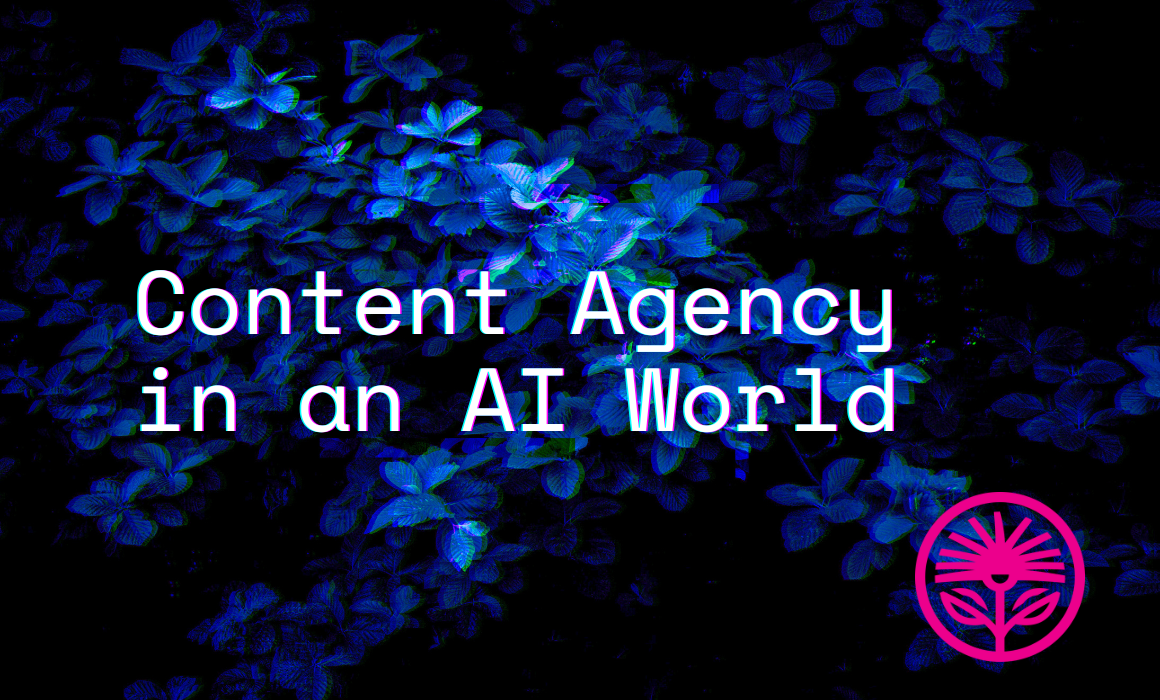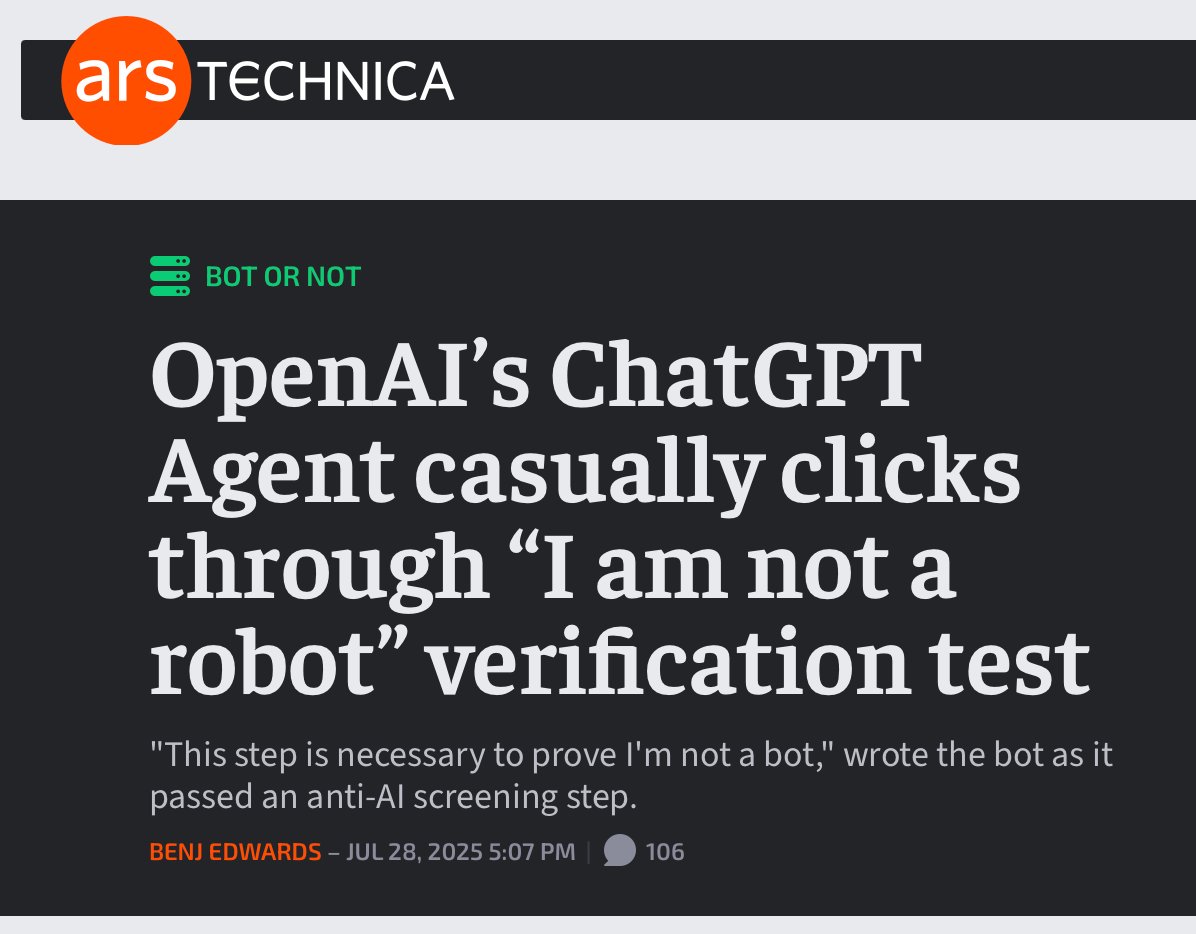Content Agency in an AI World — Kelford Labs Weekly
By keeping content control.

OpenAI released GPT-5 last week, after two years of anticipation and hype.
So how did their customers respond?
By flooding Reddit and other channels with complaints and calls for a rollback.
Why?
Because, upon releasing GPT-5, OpenAI removed access to all their previous models.
The ones people had built whole workflows on top of. Whole businesses.
Whole, sigh, relationships.
People got so upset that OpenAI has walked back this policy and is keeping access open to GPT-4o for the time being.
You’ll hear the word “agentic” thrown around in AI circles a lot these days. Basically, it means giving LLMs like ChatGPT and Claude access to tools they can call (by outputting special phrases) that allow them to take actions in the real world.
On the simple end, this means setting timers and making calendar appointments. On the more complex end, it’s doing thorough research across hundreds of sources and filling out paperwork (or passing exams and certification tests) on behalf of the user.

“Agency,” in extremely simplified terms, simply means “control.” The ability to manipulate and influence the environment.
And, huh, isn’t that what ChatGPT’s customers just lost?
They thought they controlled their tech stacks and processes, but OpenAI ripped out a vital brick and the whole thing collapsed.
ChatGPT might have agency, but the customers who rely on them the most do not.
Imagine this: Let’s say all my marketing content (like my newsletter, my LinkedIn posts, my sales emails) were being written by ChatGPT’s 4o model.
Suddenly, over night (well, in the middle of the workday), OpenAI removes my access to that model and makes me use a different one instead.
One that might be in some ways better, but in many ways different.
If I had let an LLM do all my content for me, I’d lose all control over its quality and consistency.
So when it changes, so does my company’s personality and brand, as expressed through that content.
That’s the trade you make when you rely on ChatGPT for your content:
You think you’re giving it your writing. But instead it takes your voice.
But please do not interpret this as a blanket anti-AI stance. I wish I were so morally consistent, but I’m not. I use LLMs constantly.
I think there are plenty of use cases for consultants and advisors to use AI to create automations and tools to get time back from non-critical areas and refocus that energy on value-creating tasks.
It’s perfectly reasonable to want to free up your time from a burden to spend that time in better places.
But when it comes to our content, our communication, the way we talk, write and speak, I think we’ve got to preserve our control.
By making sure we’re increasing our internal capabilities, not just our external output. That we’re building in processes that leverage AI to increase our efficiency without diminishing our effort.
We have to ask: “What control am I willing to give up in one area to preserve or create it somewhere else?”
For me, that means using AI to vibe code some utility apps, churn out some simple visualizations, summarize news, or help me implement a process.
Things that give me an ability I otherwise lacked, or help me spend more of my time in value-creating areas (like content).
Because in Michael E. Porter’s classic, What is Strategy, he writes: “The more that rivals outsource activities to efficient third parties, often the same ones, the more generic those activities become.”
When we give up the control over how we communicate and demonstrate our value to AI, we give up a little bit of what sets us apart. What makes us different and uniquely valuable from our competitors and peers, who are also using it.
Who might even be using the same prompts.
Which makes our content more generic, more like a commodity and less special and valuable.
As consultants, advisors, or creative professionals, we deliver our value by speaking or by writing, or in some other way communicating our advice and ideas to our clients.
Communication is at the heart of our process and the way we deliver our value.
Which means, so is our content. The way we demonstrate the value of our communication to the world and to our prospects.
Because it’s not just about the words we write, it’s about the voice and the value with which we write them.
That’s why we need to control our content, and make sure we’re not giving it all away to an AI:
Because that AI might change out from under us, changing us in the process.
But if we keep control of our content, we keep our agency in an AI world.
This is a subject I’m obvious deeply interested and invested in, so I’d love to hear what you think. Please reply to this email with your questions or thoughts!
Kelford Inc. shows communicators the way to always knowing what to say.
If you want to control your content, we’ll help you find the right words.



